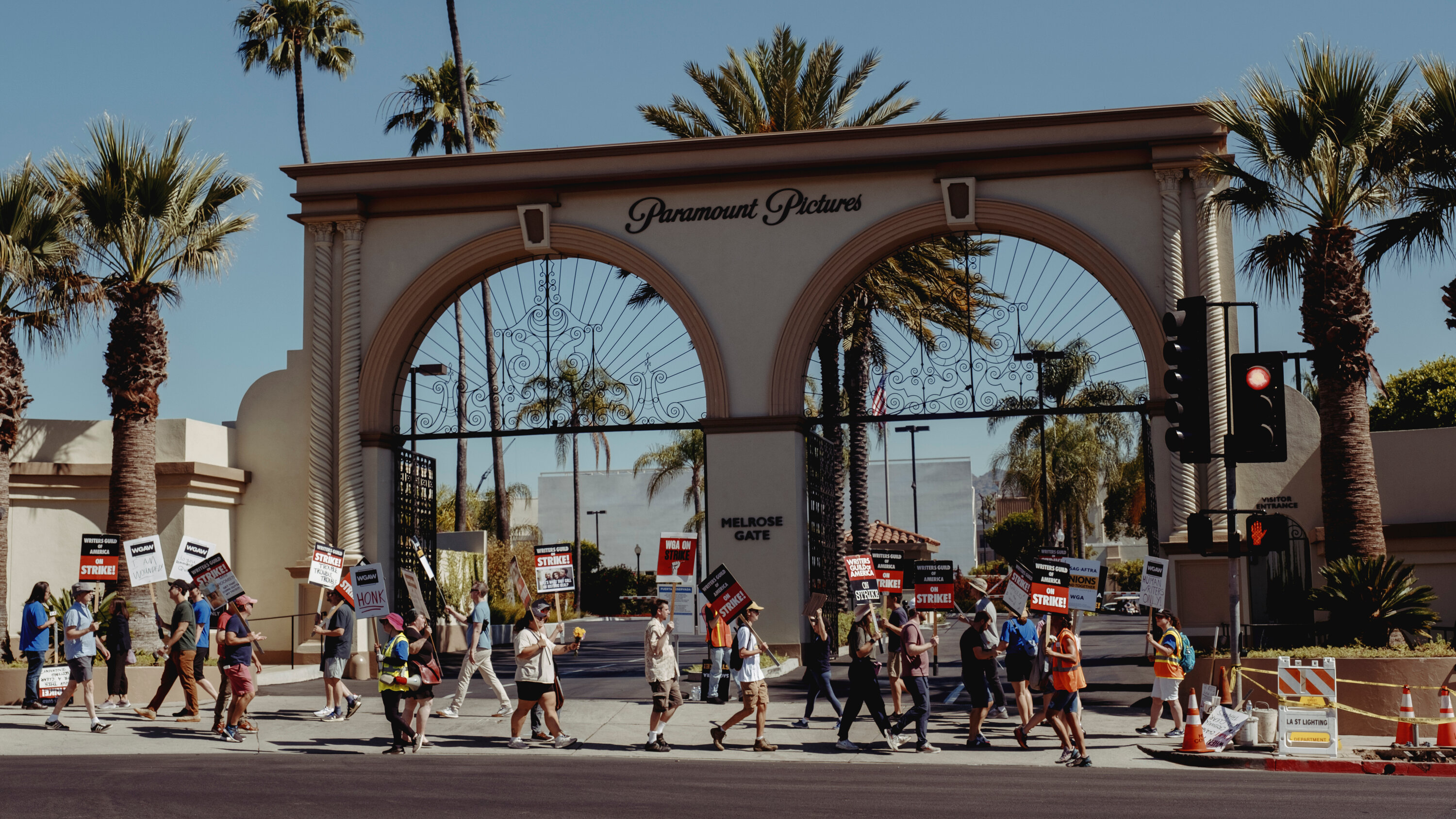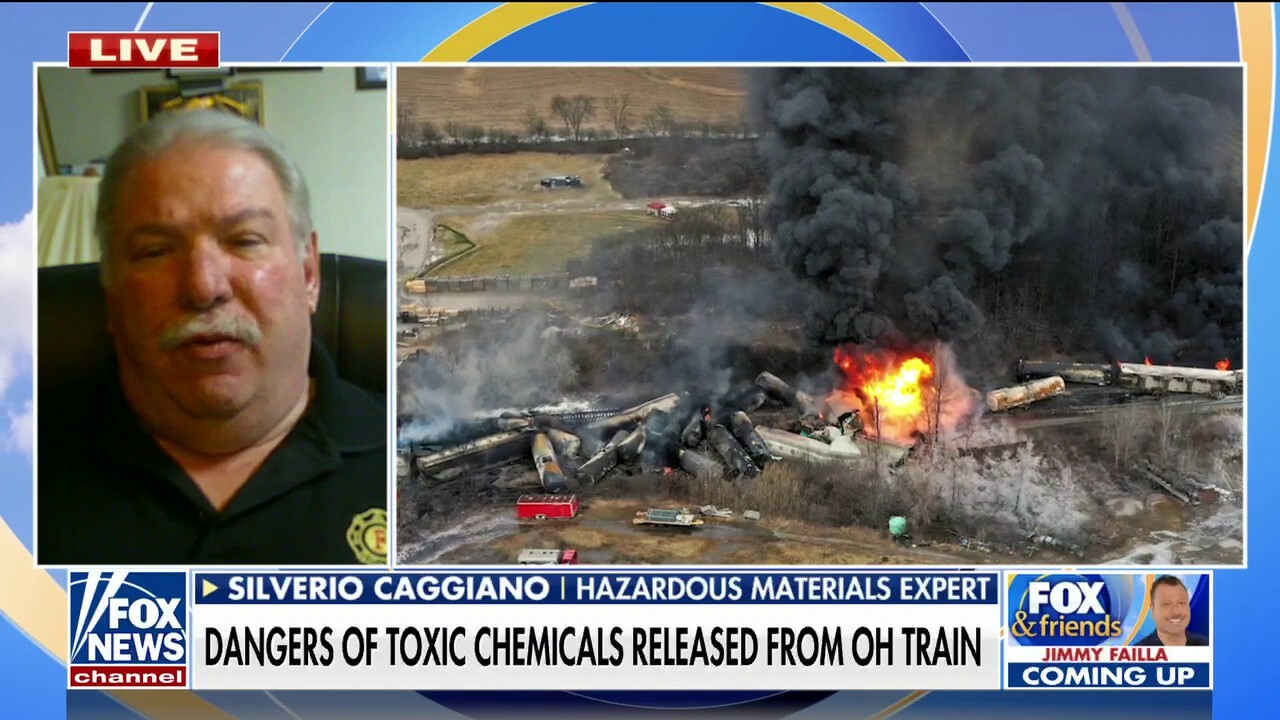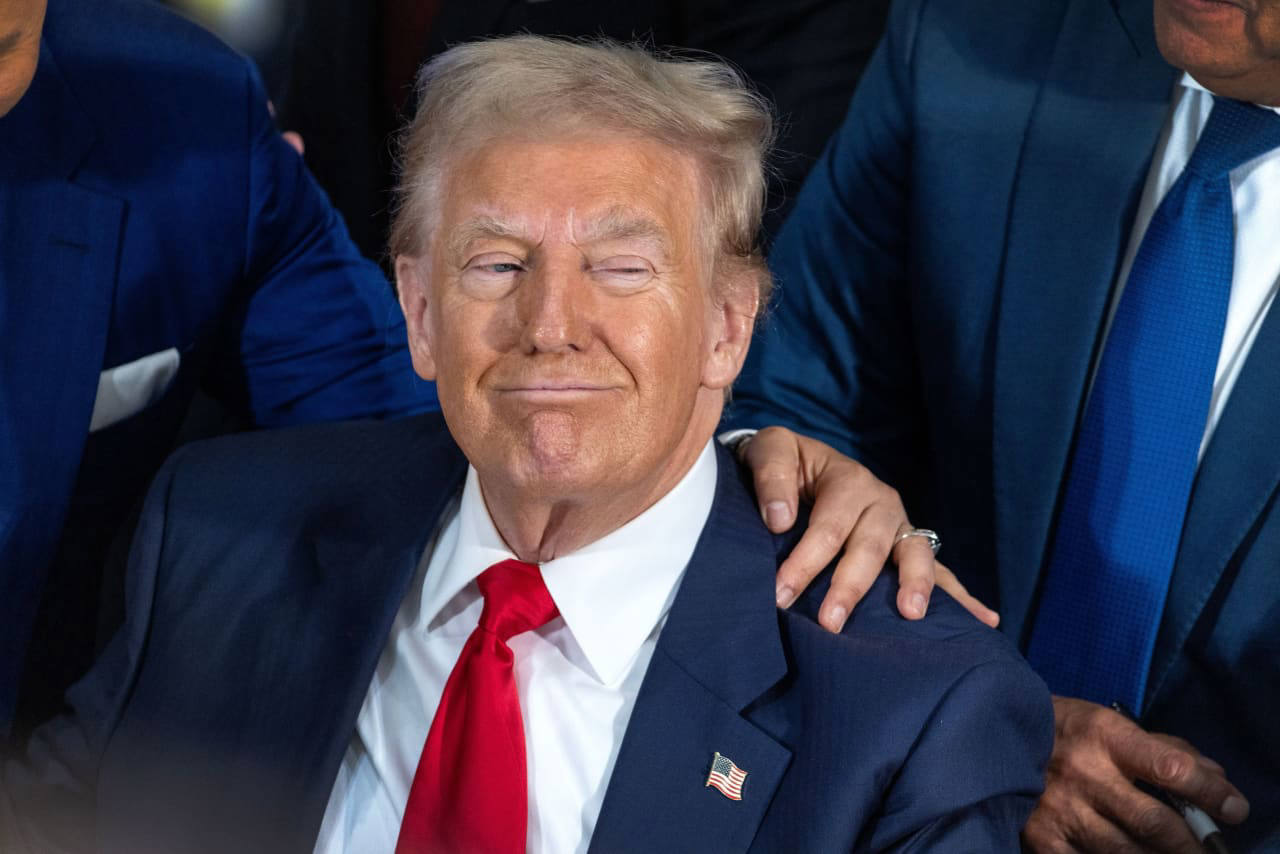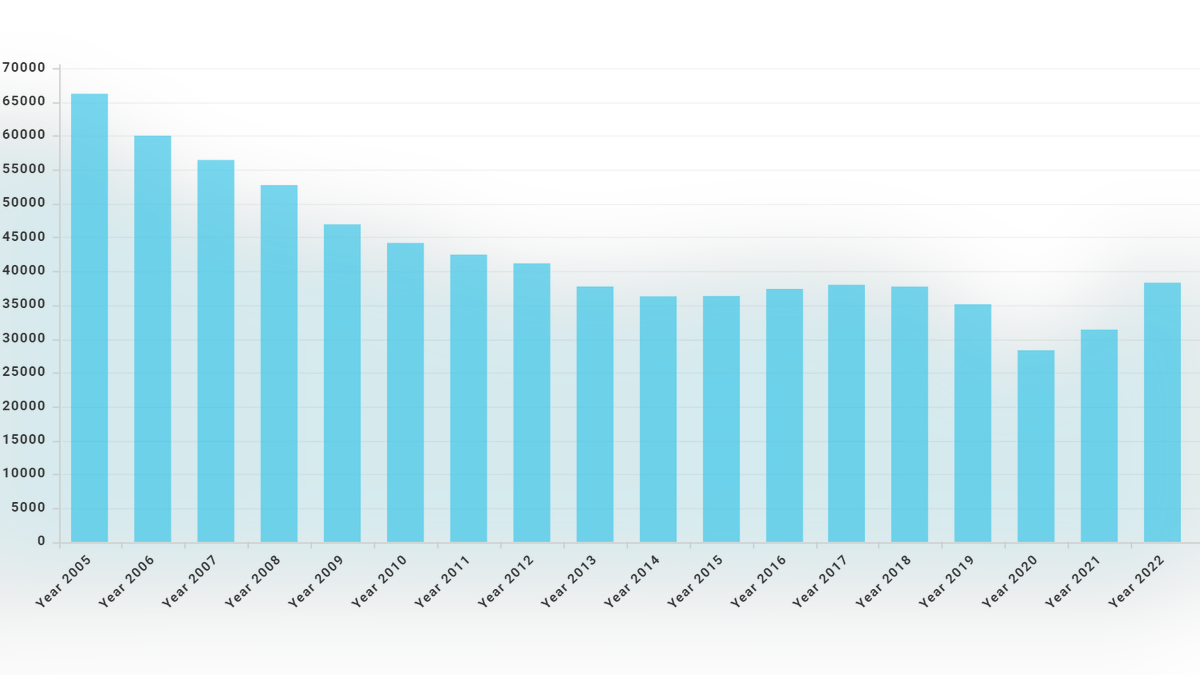Hollywood Strike: Actors Join Writers, Bringing Production To A Halt

Table of Contents
The Writers' Strike: A Precursor to the Actors' Walkout
The current Hollywood strike began with the Writers Guild of America (WGA) strike in May 2023. The WGA, representing over 11,000 writers, walked out after negotiations with the Alliance of Motion Picture and Television Producers (AMPTP) broke down. Their key demands centered on fair wages, particularly in the age of streaming, and improved working conditions. The rise of streaming services has significantly altered the landscape of television and film, impacting writers' compensation models. Traditional residuals, once a significant source of income for writers, have dwindled as streaming platforms prioritize subscription fees over per-episode payments.
- Key demands of the Writers Guild of America (WGA): Fair wages, increased residuals for streaming, improved benefits, and protections against the misuse of AI in writing.
- Impact of streaming on writers' compensation: The shift to streaming has dramatically reduced writers' residuals, leading to decreased income for many.
- Duration of the writers' strike and its effect on production: The prolonged writers' strike caused significant production delays for numerous television shows and films.
- Negotiation breakdown between WGA and the AMPTP: The breakdown in negotiations highlighted deep disagreements on core issues related to fair compensation and working conditions for writers.
Actors Join the Picket Lines: SAG-AFTRA's Decision
On July 14th, 2023, the Screen Actors Guild - American Federation of Television and Radio Artists (SAG-AFTRA), representing over 160,000 actors, joined the WGA on the picket lines, solidifying the unprecedented double strike. SAG-AFTRA's decision was driven by concerns mirroring those of the WGA, including fair wages, residuals in the streaming era, and the increasing threat of artificial intelligence (AI).
- SAG-AFTRA's key concerns regarding fair wages, residuals, and the impact of AI: Actors, like writers, have seen their income decrease due to the shift to streaming and fear the potential displacement by AI.
- The role of streaming platforms in the actors' concerns: Streaming platforms' business models, which often prioritize subscriber growth over fair compensation for performers, are central to the actors' grievances.
- Specific examples of unfair labor practices cited by SAG-AFTRA: SAG-AFTRA cited examples of self-tape auditions, which shift costs onto actors, and the use of AI to replicate actors' performances without compensation.
- Support for the WGA and the potential for a unified front: The combined strength of the WGA and SAG-AFTRA presents a powerful united front in negotiations with the AMPTP.
The Impact of the Double Strike on the Entertainment Industry
The combined Hollywood strike has had a devastating impact on the entertainment industry. Production of countless films and television shows has ground to a halt, causing significant financial losses and widespread job losses.
- Production shutdowns and delays for film and television projects: Major studios have been forced to halt or delay numerous productions, impacting release schedules and revenue projections.
- Job losses among crew members, support staff, and other industry professionals: Thousands of crew members, technicians, and other support staff have lost their jobs due to the production shutdowns.
- Economic impact on local businesses and communities: The strike's ripple effects are felt throughout local economies, affecting businesses that rely on the entertainment industry.
- Potential long-term effects on the industry's creative landscape: The prolonged strike could have long-term consequences for the industry, potentially impacting the creative process and the types of projects produced.
The Role of Artificial Intelligence (AI) in the Dispute
A critical component of both the WGA and SAG-AFTRA strikes is the growing concern over the use of artificial intelligence.
- Concerns about AI replacing human actors and writers: Both unions worry about the potential for AI to replace human creativity and talent, leading to job losses and decreased compensation.
- The lack of regulations and safeguards for AI usage in creative fields: The current lack of clear regulations and safeguards for the use of AI in the creative industries is a major source of concern.
- Demand for protections against the misuse of AI and performers' likenesses: Both unions are demanding legal protections against the unauthorized use of AI to replicate their work or likeness.
Potential Resolutions and Future Outlook for the Hollywood Strike
Resolving the Hollywood strike will require significant concessions from both sides. Possible solutions include a combination of increased wages, revised residual payments, and robust protections against AI misuse.
- Potential negotiation strategies and compromises: Successful negotiations will likely involve compromises on all sides, potentially including phased-in changes to compensation models and AI usage guidelines.
- Predictions for the duration of the strike: The duration of the strike remains uncertain, depending on the willingness of both parties to compromise.
- Long-term implications for the industry's labor practices and working conditions: The outcome of this strike will likely significantly impact the industry's labor practices and working conditions for years to come.
Conclusion:
The unprecedented Hollywood strike, uniting writers and actors in their demands for fair treatment and compensation, has brought the entertainment industry to a standstill. The issues at stake—fair wages, residuals in the streaming era, and the ethical use of AI—are critical to the future of creative work. The combined power of the WGA and SAG-AFTRA is unprecedented and could lead to significant changes in the industry's labor practices. To stay updated on the latest developments in this crucial Hollywood strike, keep checking back for further updates and analysis. Understanding the nuances of this major labor dispute is key for anyone invested in the future of the entertainment industry.

Featured Posts
-
 Ohio Train Derailment The Long Term Impact Of Toxic Chemical Contamination
Apr 22, 2025
Ohio Train Derailment The Long Term Impact Of Toxic Chemical Contamination
Apr 22, 2025 -
 Who Will Bear The Cost Of Trumps Economic Policies
Apr 22, 2025
Who Will Bear The Cost Of Trumps Economic Policies
Apr 22, 2025 -
 Harvards Funding Future Uncertain Trump Administrations 1 Billion Dispute
Apr 22, 2025
Harvards Funding Future Uncertain Trump Administrations 1 Billion Dispute
Apr 22, 2025 -
 Returning To Classes At Fsu The Aftermath Of The Deadly Campus Shooting
Apr 22, 2025
Returning To Classes At Fsu The Aftermath Of The Deadly Campus Shooting
Apr 22, 2025 -
 Trumps Trade Offensive And The Future Of Us Financial Primacy
Apr 22, 2025
Trumps Trade Offensive And The Future Of Us Financial Primacy
Apr 22, 2025
